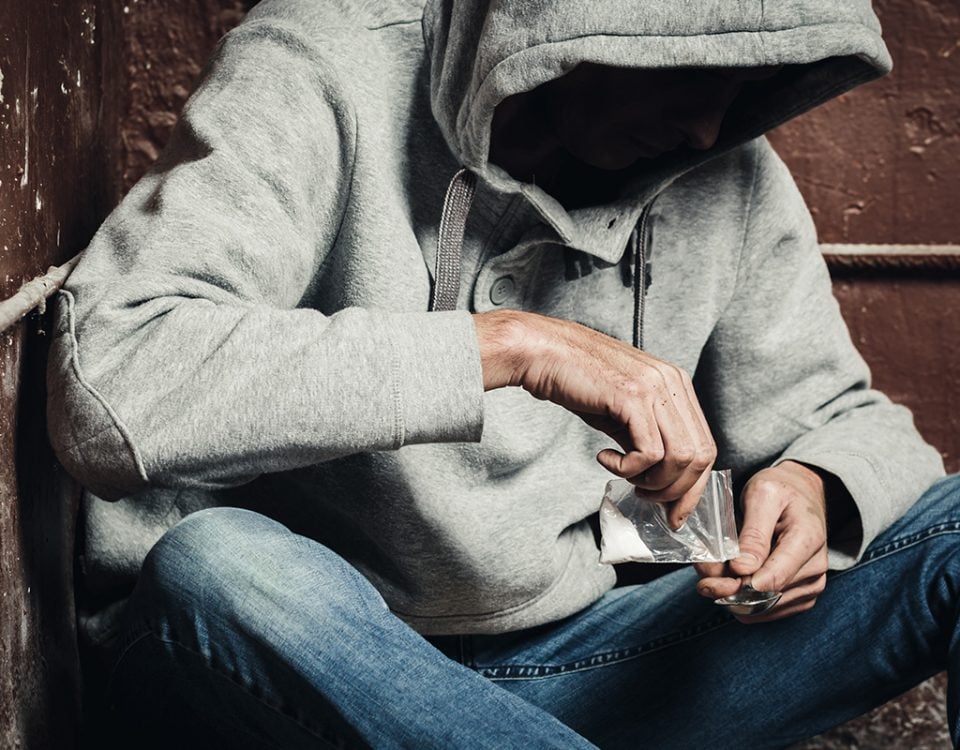When it comes to addiction, are women judged more harshly for using certain substances? It’s true that specific drugs affect men and women differently, which results in various reactions depending on the person. However, more often than not, women experience less sympathy and more criticism than men. From a traditional gender role, it has been thought for decades that women should not be using drugs or drinking, or at least be heavily influenced by alcohol as frequently as men. Undoubtedly, both genders share a high percentage of seeking addiction treatment, yet women in addiction treatments seem to uphold this particular unfair stigma.
Stigmas on Women
Women are seen as caregivers or potential mothers. The universal idea is that a woman is one who nurtures and supports others, whether that means family members, friends, or employees. Yet, this role comes with stress - and a lot of it. Maintaining others in addition to personal responsibilities is not an easy task, and it can commonly lead to substance abuse as a means of coping. Women who use drugs or alcohol as a coping mechanism may appear to others as if they are lazy or selfish. However, certain drugs, especially formulating the habit of drinking, can produce a feeling of dependence. We must understand that a substance use disorder is a brain disease or may become one if not quickly addressed. People may understand the moral obligation to quit but do not know how since it has become a part of their lifestyle. These circumstances can be said for men and women in addiction, including mental illness stereotypes.
Statistically, the stigma relating to women and addiction is apparent since men are more likely to be persistent drinkers than women. According to the CDC, men have higher alcohol-related hospitalizations than women. Even though women are heavier binge drinkers, men are two times more likely to binge drink. Yet, women have higher blood alcohol levels than men after consuming the same amount of alcohol. Not to mention, women are more likely to have serious long-term health issues, including liver disease and cognitive decline. Still, women and addiction are compared to men and defined that they should be strong enough to not fall into addiction due to gender roles, and these are the common problems attached to female addiction and gender discrimination.
Getting into treatment is easy with our free insurance verification
"*" indicates required fields
Effects of Substance Abuse in Women
According to an experiment to test the effects of men and women after consuming cocaine, men judged the bad feelings to be more unpleasant than the women did.1 The men also experienced greater heart rate and blood pressure increases and detected cocaine's effects sooner than women. Both genders received the same dosage level, but women had lower drug levels in their blood than men, even after taking the medication during an intense phase of their menstrual cycle. The sex hormones can interact with neurotransmitters during the usual brain functioning process when taking certain substances like codeine or alcohol.
Our Drug Rehab in Southern Illinois
Our alcohol rehab in Illinois offers women's recovery services, substance abuse services, and mental illness programs for both genders and all ages. It is essential to express your opinion on mental health, especially when it comes to women and drugs, since addiction may play a significant role in certain mental disorders. If you or a loved one is struggling, please do not hesitate to contact a specialist so we can provide you with more information on how to get started.
Our highly trained professionals and licensed therapists use various methods, from our Heartland detox programs to our unique therapeutic methods, to help you safely get through withdrawals. After realizing addiction or battling mental illness, it is vital to get help from professionals, so you are ensured to not relapse.
Contact Banyan Treatment Center today at 888-280-4763 to get started with our inpatient substance abuse treatment in Illinois.
Source:
Related Reading:









